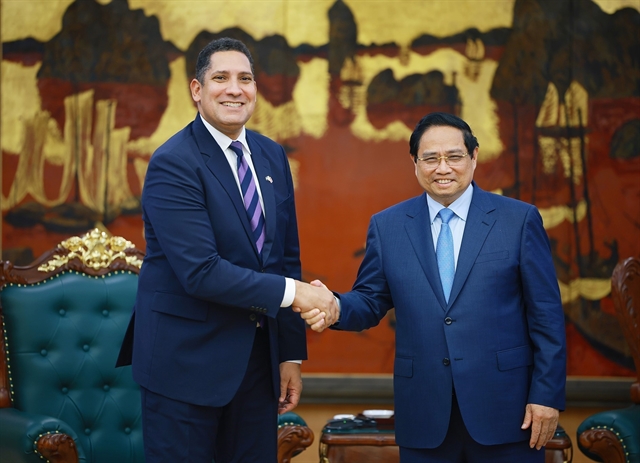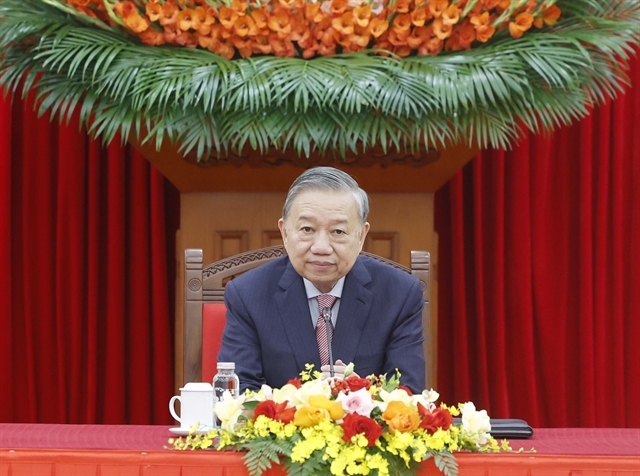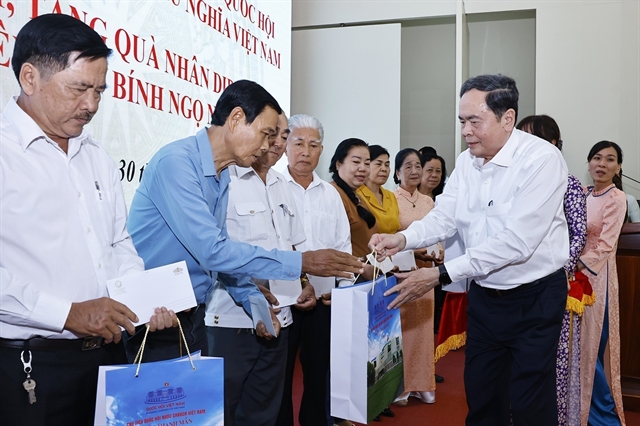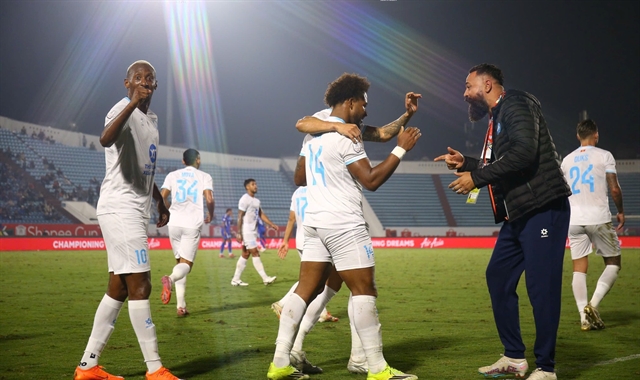 Sports
Sports
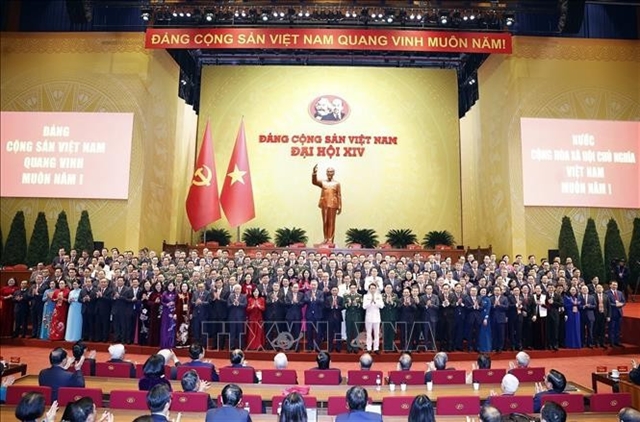
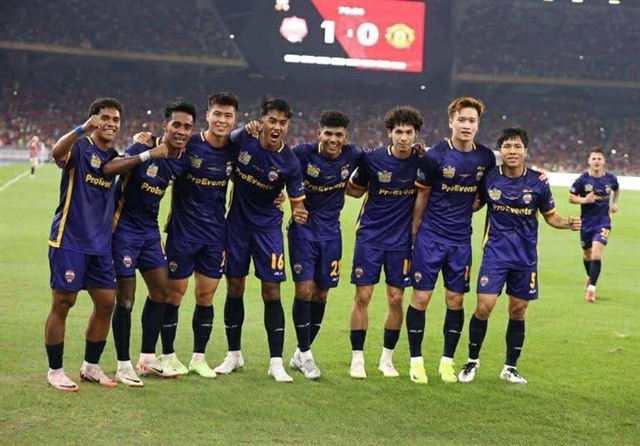 |
| The ASEAN All-Stars celebrating Maung Maung Lwin's opening goal in the match on last Wednesday. — Photo courtesy of the AFF |
Anh Đức
For teams like Manchester United, friendly matches – such as last week's clashes against the ASEAN All-Stars and Hong Kong XI – used to be like taking candy from a baby, and a way to somehow alleviate a failed season.
However, United even further embarrassed themselves with dismal performances. At the same time, the ASEAN All-Stars and Hong Kong XI showed that East Asian football is no longer a punching bag for globetrotting teams.
The British press quickly branded United’s defeat to the ASEAN All-Stars as "humiliating" and "an all-time low". But beyond the ridicule in Europe, Asian fans and analysts felt a deep sense of pride. The ASEAN All-Stars, drawn from various Southeast Asian nations, showed off their skill, tactical discipline and resilience – qualities historically overlooked or underestimated by European teams touring the region.
More than a mere friendly victory, the ASEAN All-Stars' triumph signalled a significant shift. Asian football, often dismissed on the global stage, demonstrated that it has evolved dramatically. Despite limited preparation, the ASEAN team exposed United's vulnerabilities with remarkable effectiveness, challenging perceptions about the quality of Asian football.
Despite being drenched by the rain, fans in attendance openly applauded the ASEAN players, recognising their passion and impressive performance. Even loyal MU supporters found themselves acknowledging and respecting the genuine quality and growth displayed by Asian footballers on this international stage.
United's subsequent difficulties against Hong Kong XI further reinforced this message. Although United ultimately secured a victory, their struggles throughout the match emphasised that tours to East Asia are no longer guaranteed easy wins. Local teams now view these games as important opportunities to display their improved skills and ambitions. The era when European teams could effortlessly dominate friendly tours in Asia is evidently waning.
Games like these for Premier League teams used to be a walk in the park. While Manchester City and Arsenal used to win against Việt Nam's national team with a hefty six-goal deficit, teams like Everton and Aston Villa garnered easy wins with their B-teams.
This transformation is grounded in the region's steady investment in grassroots development, enhanced coaching quality and growing enthusiasm for football. The matches have provided concrete evidence of these advancements, showing the world that Asian football is ready to compete seriously against the sport's elite.
For the many fans who came specifically to watch Manchester United play, however, the experience was frustrating. Supporters expected top-tier performances from a prestigious European club but instead left disappointed, questioning the worth of their tickets and the value of their time spent. Witnessing their team struggle and lose in a game traditionally considered a guaranteed showcase of European football excellence left many disillusioned.
Yet, within this disappointment lies a crucial lesson: respect in football is earned through performance, not legacy. Manchester United's recent challenges against the ASEAN All-Stars and Hong Kong XI should serve as both a wake-up call for the club and inspiration for aspiring players throughout Asia.
These games mark a promising new chapter for Asian football, demonstrating that the continent's players are increasingly ready and capable of challenging – and even defeating – world-renowned European teams.
I for one am eagerly awaiting the next challenger to ASEAN football. And after yesterday's UEFA Champions League Final, Inter Milan might prove to be a great opponent. — VNS

